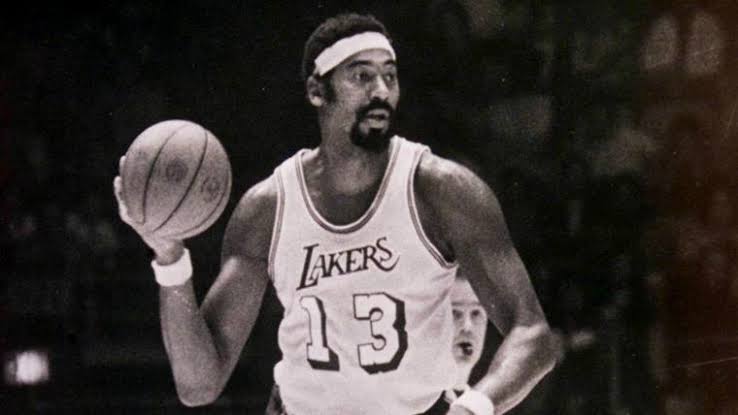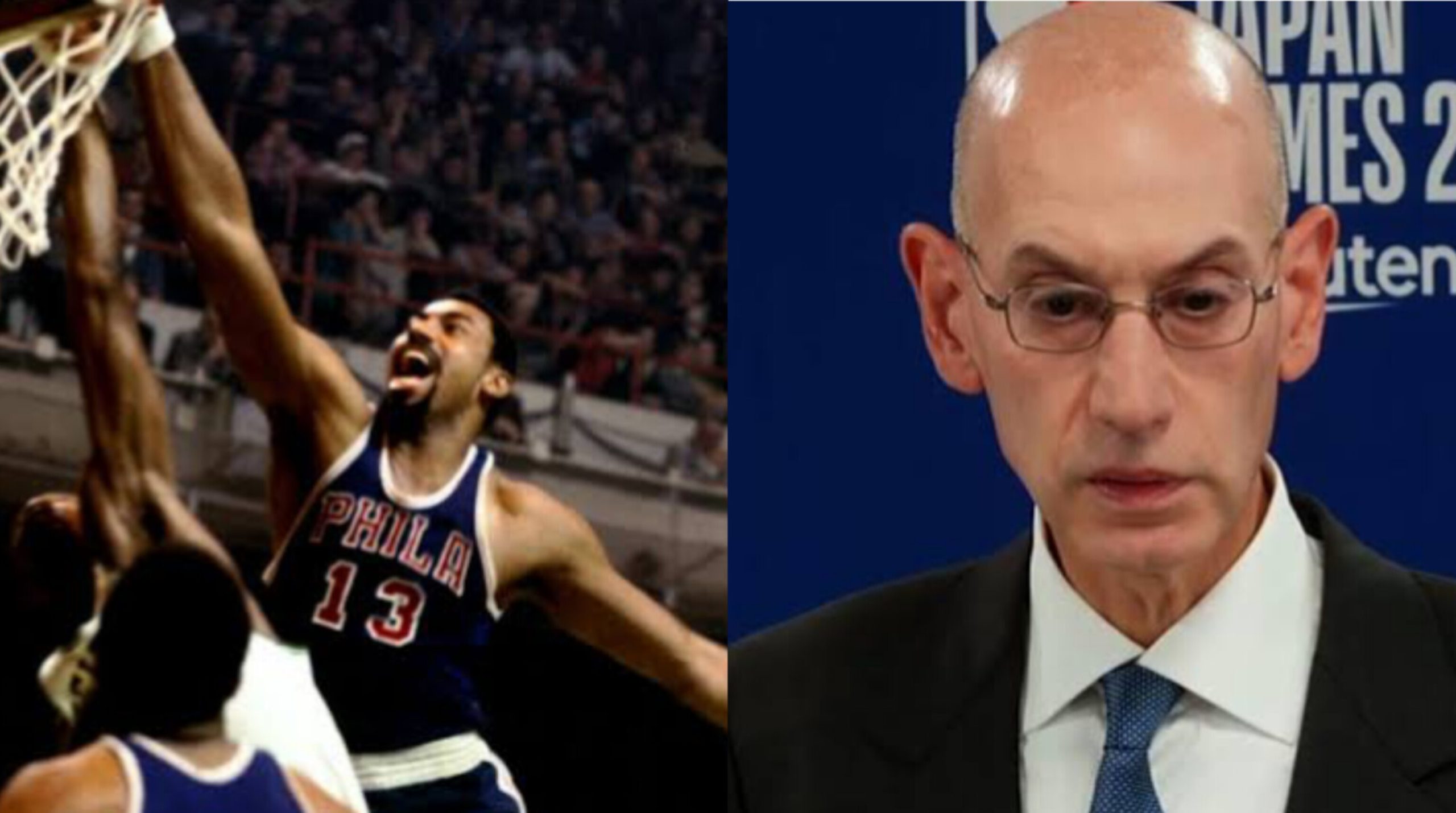The NBA recently paid tribute to Wilt Chamberlain, celebrating his legendary career and numerous records. However, this commemoration sparked heated reactions among fans, with some questioning his status as an icon and Greatest of All Time (GOAT) due to his alleged decision to quit playing.
One comment that gained traction was, “Icons don’t quit. Wilton quit so he’s not an icon or GOAT,” reflecting a sentiment that Chamberlain’s legacy is complicated by his decisions towards the end of his career. This opinion spurred a significant amount of discussion, highlighting the polarized views on Chamberlain’s career and contributions to the sport.
The Case Against Chamberlain as the GOAT
Critics argue that Chamberlain’s career decisions undermine his status as an enduring icon. They point to moments such as his zero-point game and his apparent disinterest in scoring during his later years as evidence that he lost the competitive edge that defines the true greats.
These critics suggest that an icon, especially one considered the GOAT, should consistently demonstrate unwavering dedication and dominance throughout their career. The notion that Chamberlain might have deliberately chosen not to score in certain games or appeared to disengage raises questions about his commitment and whether it affected his teams’ performances during crucial moments.
Defending Chamberlain’s Legacy
On the other hand, many fans and analysts defend Chamberlain, emphasizing the broader context of his career. They argue that focusing on isolated incidents or perceived lack of effort overlooks his extraordinary achievements and contributions to basketball.
Chamberlain’s defenders highlight his unparalleled statistical records, such as scoring 100 points in a single game, averaging 50.4 points per season, and his dominance in rebounding. They also point to his ability to adapt his game, shifting from a scoring machine to a more team-oriented player who excelled in defense and playmaking.
Moreover, supporters argue that Chamberlain’s decisions later in his career were strategic, aimed at longevity and maximizing his overall impact on the court. They believe his reduced scoring was compensated by his exceptional field goal percentage and his crucial role in leading the Lakers to an NBA championship.

The Broader Debate on GOAT Criteria
This debate over Chamberlain’s legacy underscores a broader conversation about what defines an icon or GOAT in sports. Is it solely about statistical dominance and championships, or does it also include factors like consistency, leadership, and resilience in the face of challenges?
Comparisons to other legends like Michael Jordan and LeBron James often emerge in these discussions. Jordan’s relentless competitive spirit and six NBA championships are often cited as the gold standard, while LeBron’s versatility, longevity, and off-court leadership are also held in high regard. Chamberlain’s unique career, marked by both astronomical highs and moments of apparent disengagement, adds complexity to this ongoing debate.

Conclusion
The NBA’s tribute to Wilt Chamberlain has reignited discussions about his place in basketball history. While some fans criticize his legacy due to perceived lapses in effort, many others defend his monumental achievements and strategic career choices. This debate highlights the diverse criteria fans use to judge greatness in sports, reminding us that the legacy of an icon like Chamberlain can be both celebrated and scrutinized.




